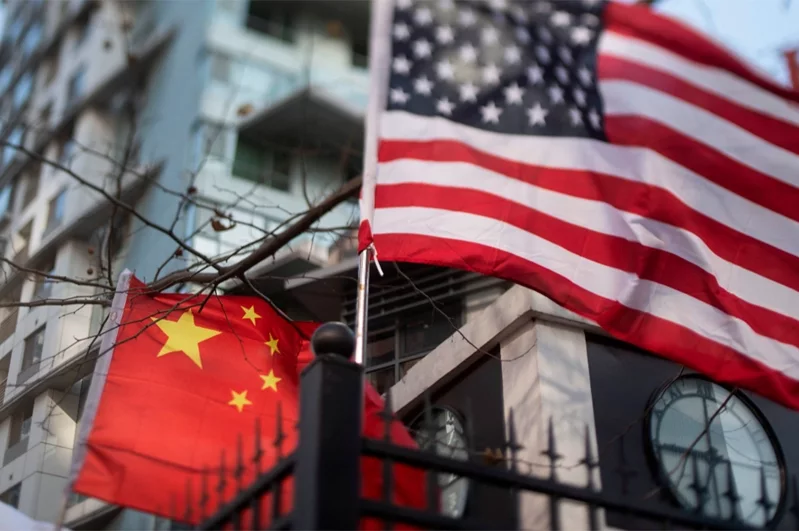
Can the US and China Return to ‘Cooperative Competition?’
The term "cooperative competition" was originally used in business administration to refer to the cooperation between competing companies in certain business areas to achieve certain goals. In the post-Cold War era, the term has been widely borrowed by political scientists to refer to the relationship between a rising China and a hegemonic United States. Scholars generally do not see the U.S.-China relationship as moving toward a total confrontation like the Cold War relationship between the U.S. and the Soviet Union, preferring instead to view the relationship between the two nations as both competitive and cooperative.
Fu writes that the U.S. and China should strengthen cooperation on preventing epidemics, and on climate change, economic stability, cybersecurity, and artificial intelligence, a list which can be said to have been tailor made for Biden. During his campaign, Biden repeatedly emphasized that his future administration would strengthen epidemic preparedness, return to the Paris climate agreement, and eliminate tariff barriers in an effort to distinguish himself from the current administration. As for cybersecurity and the management of artificial intelligence—although they have not played a major role in Biden's political agenda, they will probably be the most important issues for the U.S. to worry about with regard to China after Biden takes office. That Fu's article specifically mentions cooperation in these two areas is an obvious attempt by China to absolve itself.
For China, this article makes at least two major breakthroughs. First, since Trump started the trade war, U.S.-China relations have rapidly deteriorated, and China's Ministry of Foreign Affairs has adopted a comprehensive "wolf-warrior diplomacy" that involves criticizing the U.S. in all aspects. However, Fu doles out criticism to both sides: For example, she criticizes the U.S. for suppressing Chinese enterprise, but also calls on China to strengthen the protection of intellectual property rights; she criticizes the U.S. for its habit of interfering in the internal affairs of other countries, but also calls on China to take initiative in explaining its policies to the international community. Another breakthrough is the observation that although "cooperative competition" refers to an objective state, the term has mostly been used by the U.S. in the past and has not been accepted by the Chinese, yet China, surprisingly, is now advocating that the two nations return to cooperative competition.
Fu also reflects on the fact that after only four years of the Trump administration, the U.S.-China relationship has almost reached a point of no return, such that Chinese leaders are willing to reconsider the "not-so-good-but-acceptable" state of cooperative competition in the past. Under such a relationship, the U.S. may restart its long neglected policy of "containment," continue its geoblockade strategy in the Indo-Pacific on the military side of things, remove tariff barriers on the economic side, and restart contacts with China.

